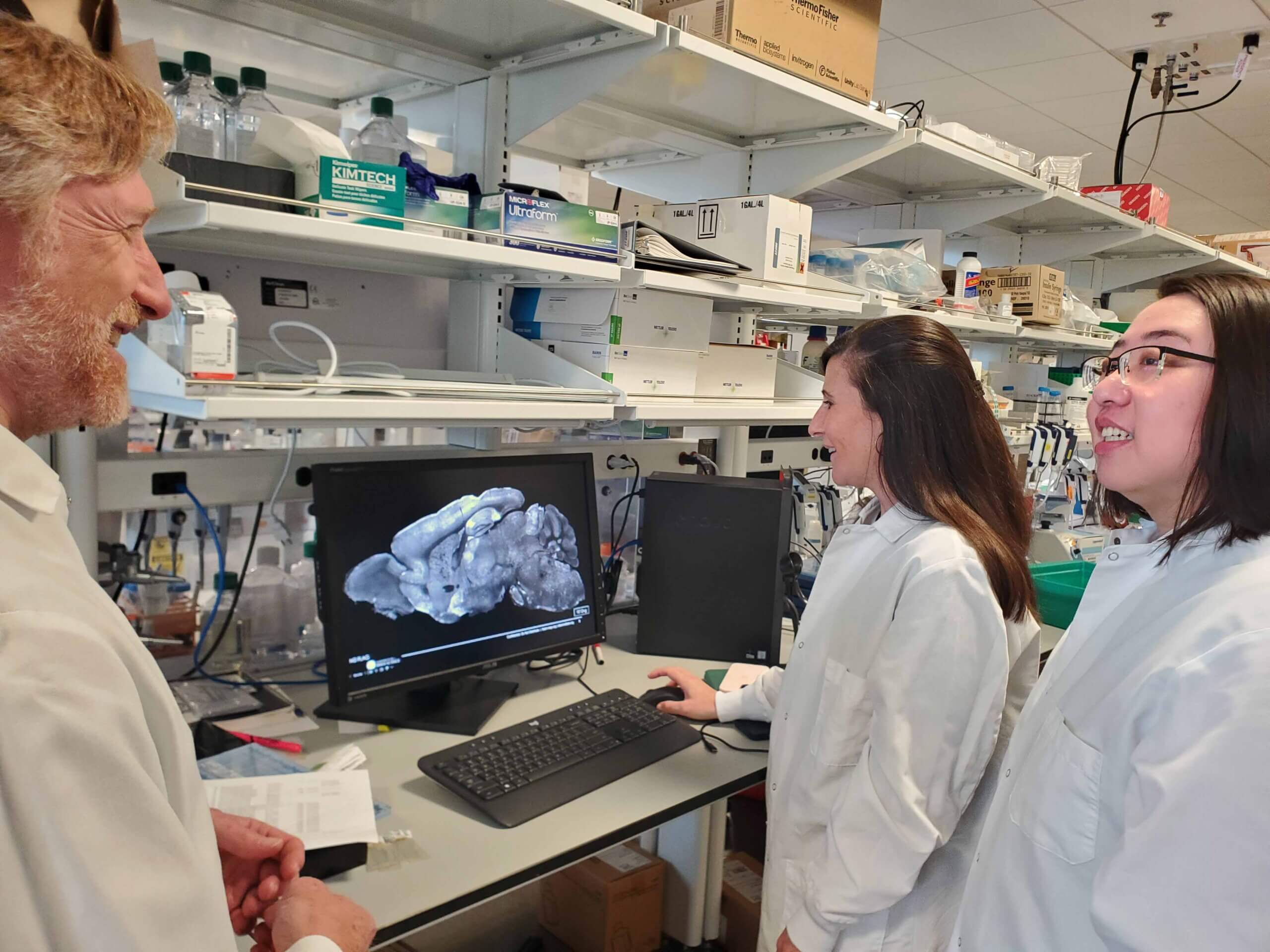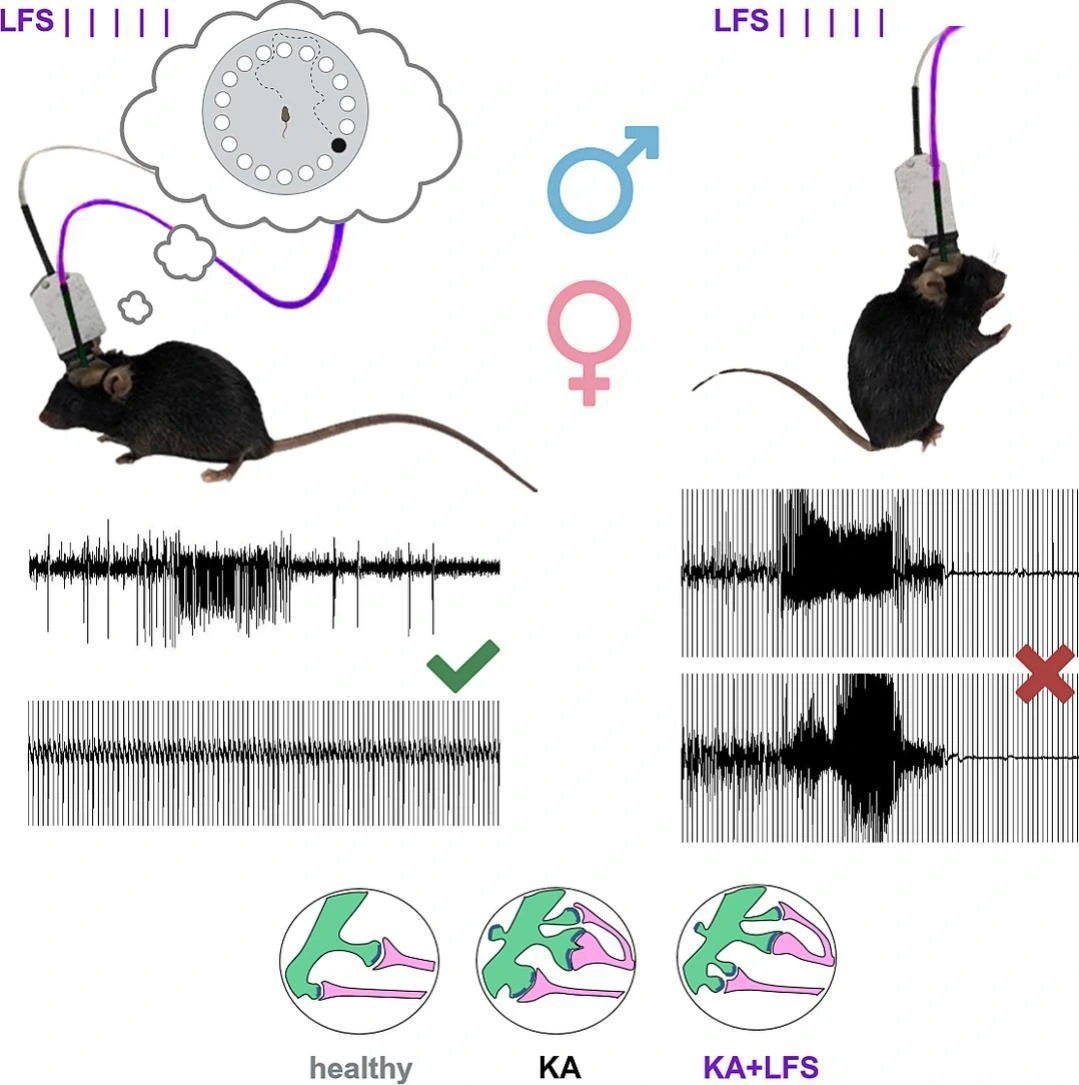STK-001 Lowers Seizures, Aids Cognition and Behavior, Trials Finding
August 2, 2023
Article published by Dravet Syndrome News
Treatment with STK-001 led to a marked reduction in seizure frequency, and aided cognition and behavior, among children and adolescents with Dravet syndrome in early clinical trials, according to new findings announced by the therapy’s developer Stoke Therapeutics.
“Together these data support the potential for STK-001 to address the underlying cause of Dravet syndrome by treating both seizures and the cognitive and behavioral issues that make this disease so complex and devastating,” Edward M. Kaye, MD, CEO of Stoke, said in a company press release.
Stoke is conducting two parallel, open-label Phase 1/2a clinical trials of STK-001 in young people with Dravet syndrome: MONARCH (NCT04442295), being run at sites in the U.S., and ADMIRAL (ISRCTN99651026), which is being conducted in the U.K. Both studies mainly are evaluating the safety profile and pharmacological properties of the experimental therapy, with secondary goals looking into its efficacy.
“Our ongoing studies are providing a better understanding of a dose and dosing regimen that may generate substantial and sustained benefits for patients, while continuing to be generally well tolerated,” Kaye said.
Most cases of Dravet syndrome are caused by mutations that disrupt the production of the protein NaV1.1. STK-001 is designed to increase NaV1.1 protein production; the therapy is administered via injection into the cerebrospinal fluid (CSF) that surrounds the brain and spinal cord.
New trial data show that patients experienced a reduction in seizure frequency following treatment with STK-001.
The most profound reductions were seen among the 11 patients in the ADMIRAL study who were given two or three injections of STK-001 at a high dose of 70 mg. Data from five evaluable patients showed a drop in seizure frequency of 80% at three months after the last dose. At six months after the last dose, seizure frequency was reduced by 89% for the three patients with evaluable data.








